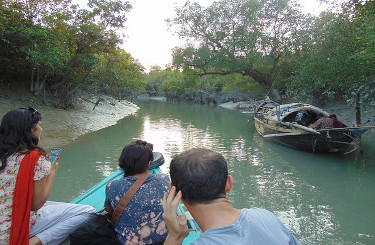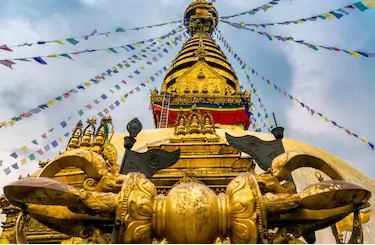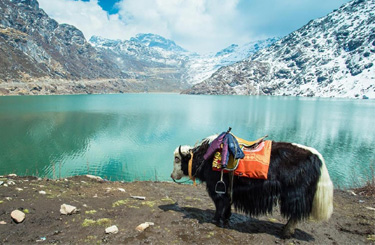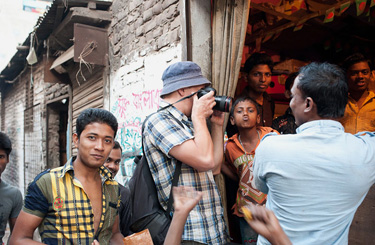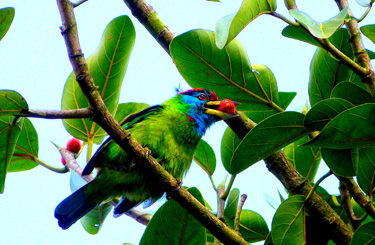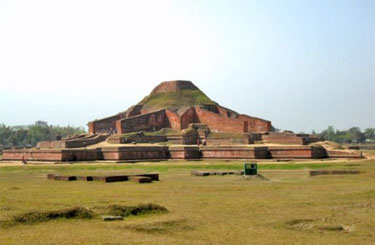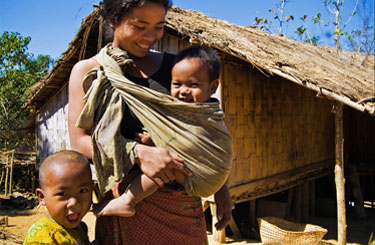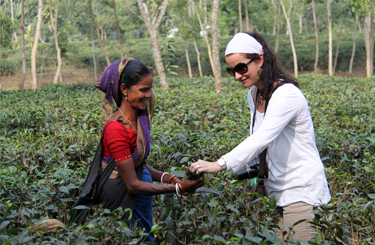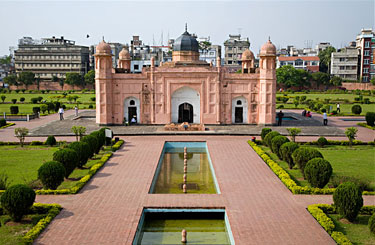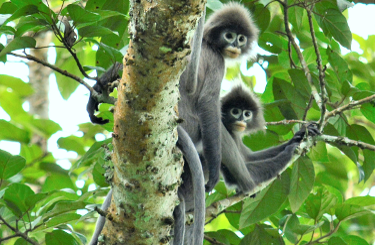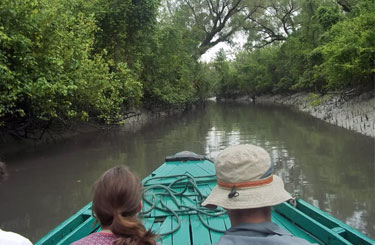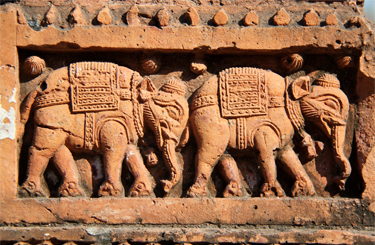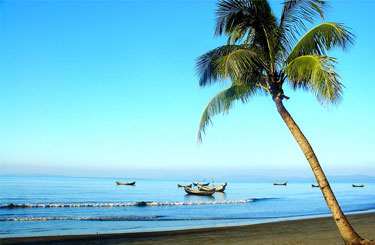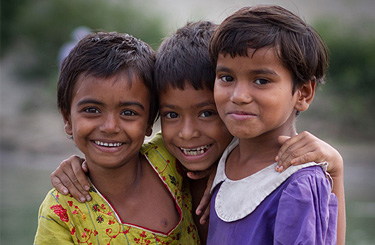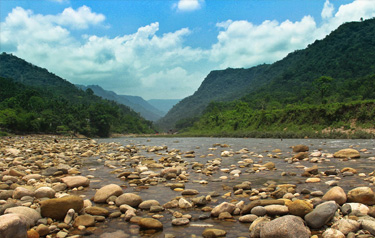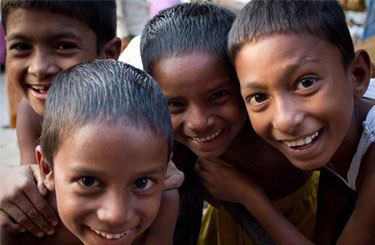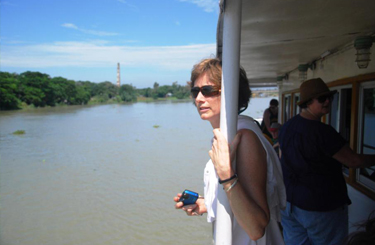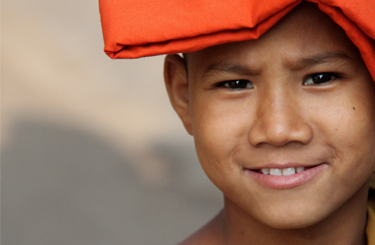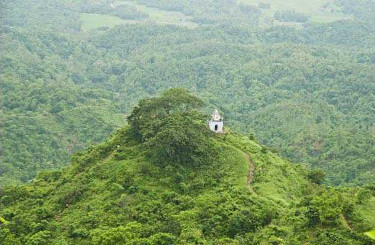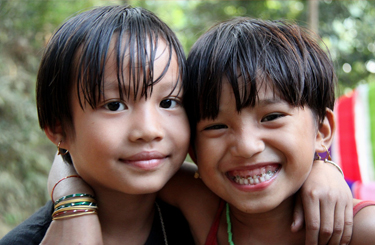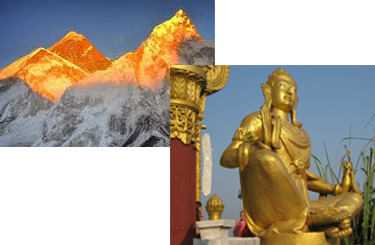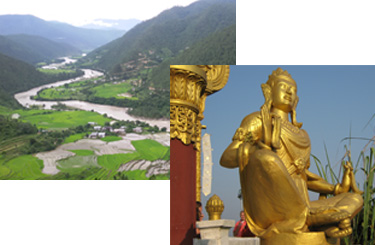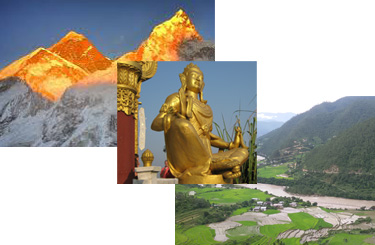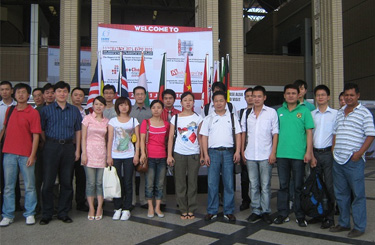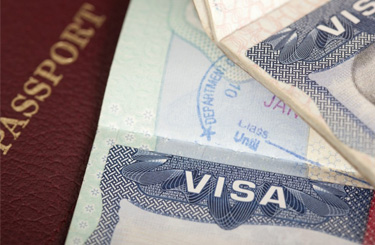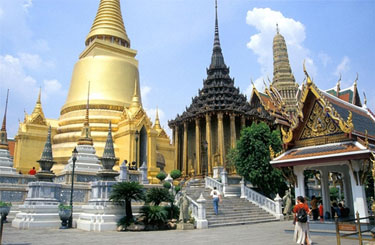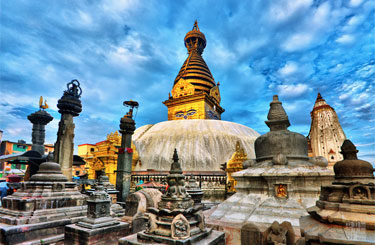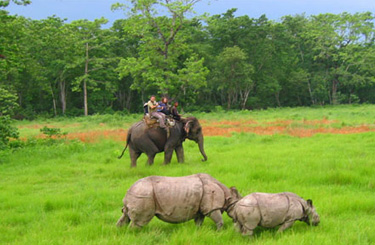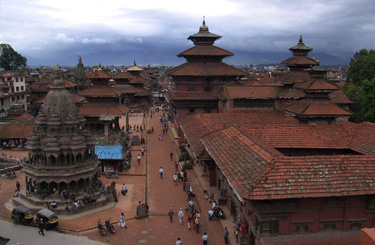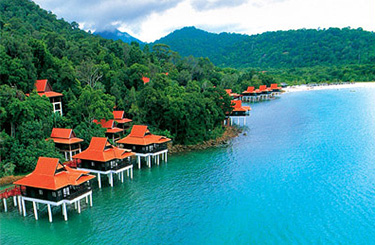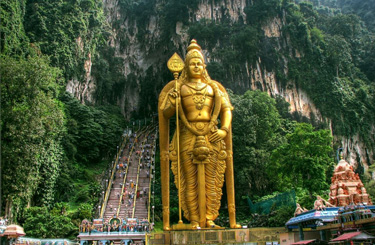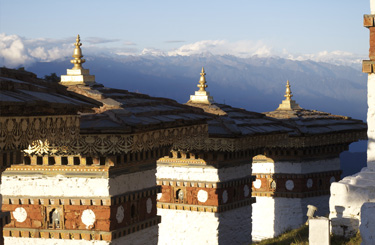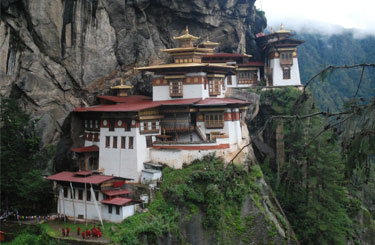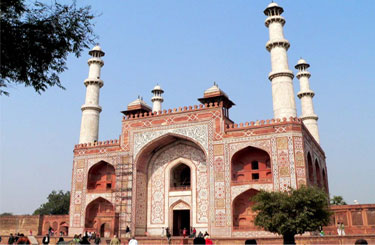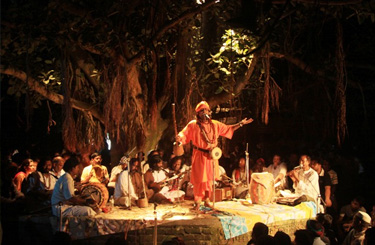
Folklore consists of tales, songs, legends, proverbs, myths, riddles, superstitions and traditions that are passed on from generation to generation. Bangladeshi folklore can give great insight into the country's social and ethnic background as well as people's perceptions and beliefs. Bengali folklore also tells us much about inhabitants of the past such as their principles, customs and reasoning on matters.
Bangladesh has a strong folkloric and cultural heritage. Bangladesh's folklore has been largely influenced by various ethnic groups that have resided in the land throughout the years. A diversity of elements can therefore be clearly seen in the folklore of Bangladesh. Puthis, a type of ancient manuscript, are in fact books of folk tales and religious stories created in rural Bangladesh. These books were read to the community by educated individuals, both as a form of entertainment and as education. The Puthis were written by Munshis in Bangla and Songskrito. This demonstrates the great importance of folklore in Bangladesh.
A well known Bangla epic is entitled Manasamangal. This tale was written to give glory and honor to Manasa, a Hindu goddess. However, it has become renowned for the love story between Behula (the heroine) and Lakhindar (her husband). The epic tells how the father of Lakhindar upsets the goddess Manasa. She then makes a snake bite Lakhindar on his wedding night. Behula takes her husband's lifeless body on a boat and sails off. After appeasing the goddess, Lakhindar is brought back to life. Behula is often said to represent the essence of Bengali women, who demonstrate extreme courage and love.
This is just one of the many tales found in Bangladeshi folklore. When visiting the country or visiting our forums, why not find out more about folklore in Bangladesh?


 +8801712125379, +8801779579606
+8801712125379, +8801779579606  info@dhakaholidays.com,dhakaholiday@gmail.com
info@dhakaholidays.com,dhakaholiday@gmail.com